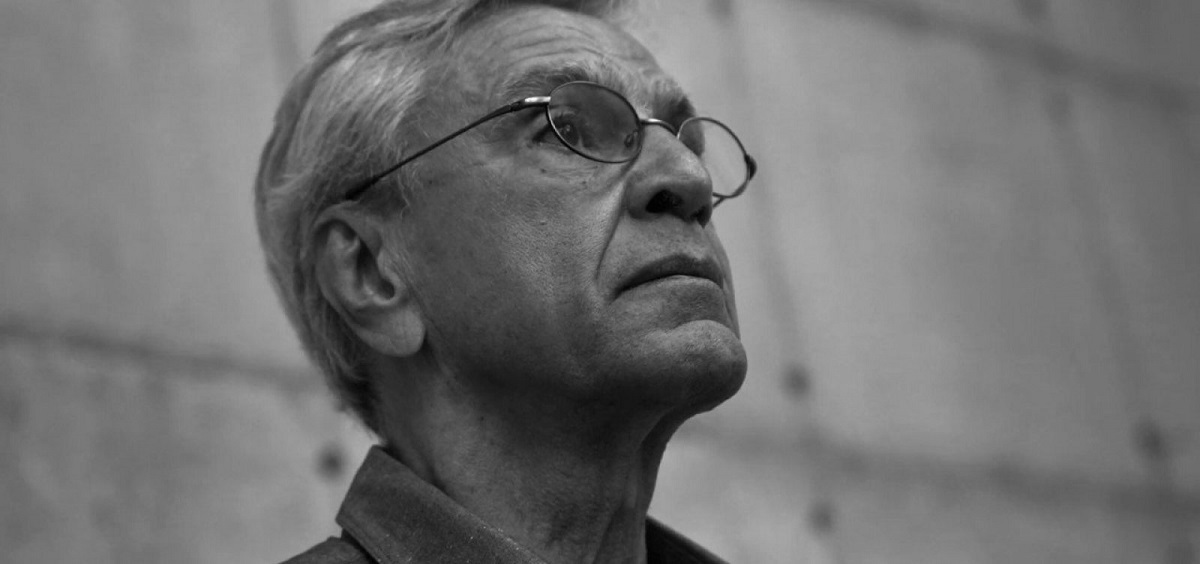When you acheive human rights you should never let them be taken back from you in any way under any pretext,” said the 76 year old musician, “this has been happening around the World and it is happening in Brazil. It’s a neurosis.”
During an interview on the Brazilian TV talk show Lady Night on August 3rd, Caetano Veloso spoke of his experiences as political prisoner during the military dictatorship (1964-1985) and called the rise of the far right around the world a neurosis.
“These stories about order and security during the dictatorship are illusions,” he said. “I was arrested during the dictatorship and I spent two months in jail, including one week in solitary confinement sleeping on the floor in front of a steel door without anyone interrogating me because they were disorganized. They had no respect for people. I wasn’t tortured but I know people who were and some died – they were assassinated in there.”
The 76 year old singer contextualized his experience for the young studio audience. “There are people who think this was good. It wasn’t good. I can’t stand hearing this. When you achieve human rights you should never let them be taken back from you in any way, under any pretext. This has been happening around the World and it is happening in Brazil. It’s a neurosis. We have to tolerate people getting it off their chests but we have to be mature enough to deal with it. We are a continental-sized country in the Southern Hemisphere, with a high amount of miscegenation and the largest number of black people in any country outside of Africa. We speak Portuguese – it’s not even Spanish – it’s Portuguese. And we are still horribly unequal. Brazil’s income distribution is a tragedy. It’s the sickness of inequality. It comes from slavery and we need a second abolition.”
In his best selling autobiography, Tropical Truth, Veloso, one of the most popular and influential musicians in Brazilian history, tells the story of his arrest during the US-backed, neofascist military dictatorship. Although he never belonged to an armed resistance group or sang protest songs, the Military considered him a subversive and arrested him, along with fellow musician Gilberto Gil, for supposedly disrespecting the Brazilian national anthem. He was held in prison in Rio de Janeiro for two months, then expelled from the country for two years.
[qpp]

